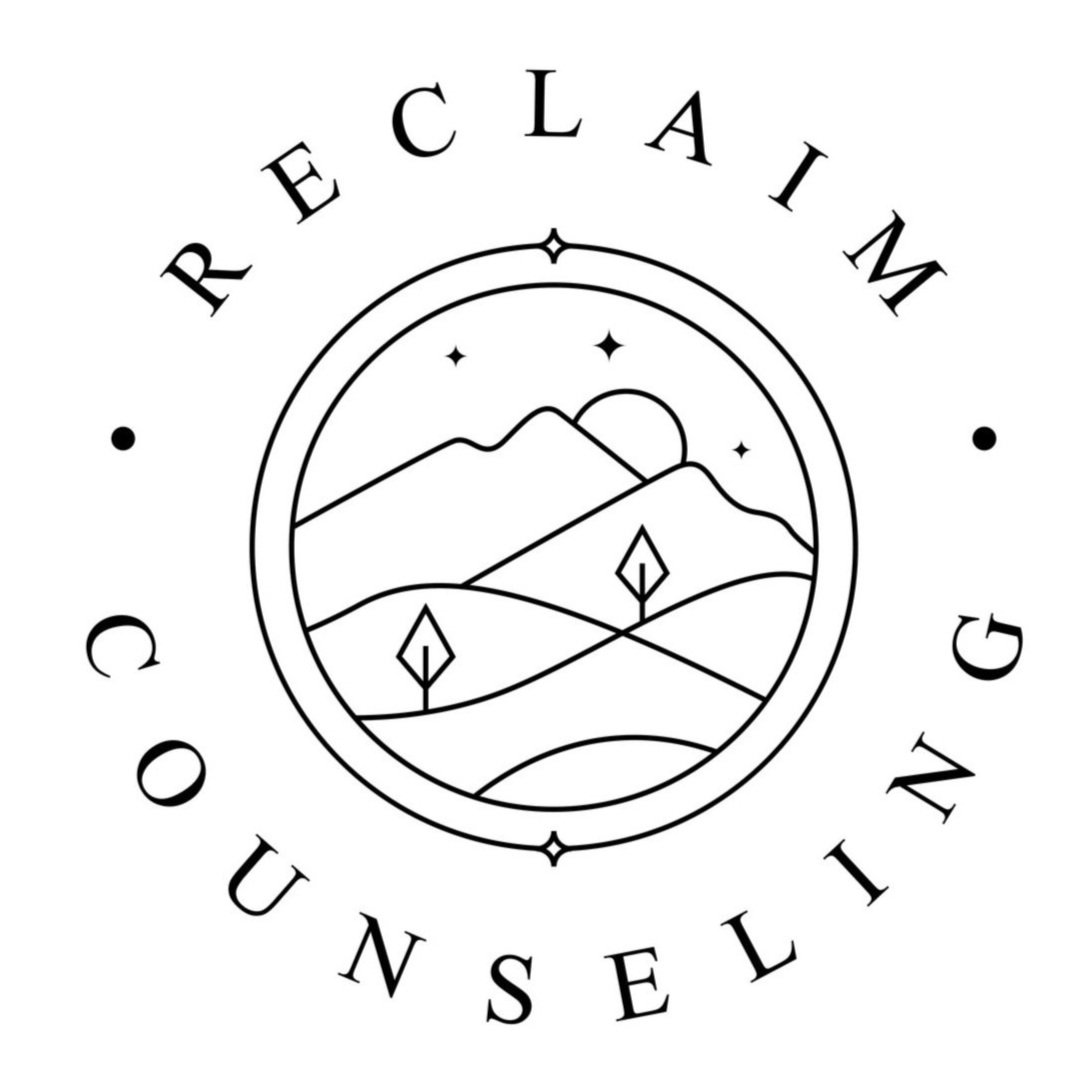FAQs
what is your style of therapy?
i’d like to think I have a personable, conversational presence in the room & I’m very much not a “blank slate” type of therapist. No soul gazing here.
i also view my role as more of a facilitator and collaborator with my clients. i try my best to lessen the impact of the power dynamic that may typically exist in western healthcare.
my main objective is focusing on making the space feel comfortable and safe for you.
what happens during a phone consultation?
our phone consultation is a no-pressure space where we can get a feel for whether or not we would be a good fit working together. We will discuss what experiences you feel comfortable sharing about, what you’re looking for in a counselor, and you’ll have the opportunity to ask questions.
if we aren’t a fit, I am happy to send you some referrals of other colleagues that may be a better fit.
what in the world is EMDR?
EMDR stands for Eye Movement Desensitization and Reprocessing. It is a heavily research-backed method that can be helpful for sifting through the aftermath of negatively impactful experiences to feel more relief in the present. It can be a more gentle approach in the sense that it does not require clients to talk in detail about distressing content which makes it ideal for trauma work. I offer it to clients alongside talk therapy for those that are open to it.
You can find more information at the following website:
https://www.emdria.org/about-emdr-therapy/
how often should I schedule for?
weekly sessions are encouraged, especially at the beginning of treatment, as this frequency can help you build the most momentum but I understand that there may be many factors that could contribute to this not being feasible for everyone.
not to worry, we will work together to figure out what is manageable to you as long as it is clinically appropriate.
